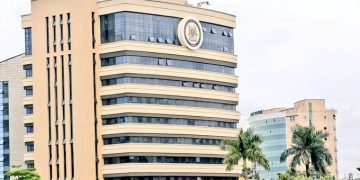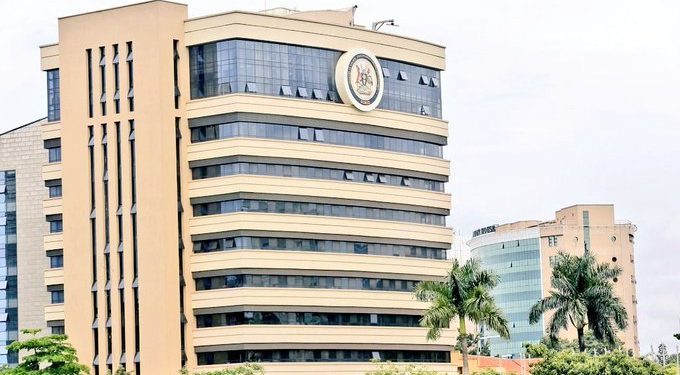Uganda’s economy posted stronger macroeconomic indicators in October 2025, with the Shilling appreciating, inflation easing, and exports registering significant growth, according to the Ministry of Finance’s latest Performance of the Economy Report.
The Ugandan Shilling appreciated by 1.3 percent, trading at an average mid-rate of Shs 3,463.86 per USD, up from Shs 3,507.79 in September 2025.
The Ministry attributes this improvement to increased foreign exchange inflows from offshore investors, remittances, and strong export receipts—particularly from coffee—which outpaced demand for the US dollar.
The Central Bank Rate remained unchanged at 9.75% for the thirteenth consecutive month to maintain price stability. Lending rates eased slightly for both Shilling- and foreign currency-denominated credit.
The government raised Shs 4.38 trillion through Treasury Bills and Bonds, with mixed movements in yields across different tenors. Private Sector Credit grew by 1% to Shs 24.29 trillion in September.
Annual headline inflation also declined to 3.4 percent in October 2025, down from 4 percent the previous month. This drop was driven by reductions in both core and food crop inflation, following lower prices of bread, eggs, cassava, passion fruits, oranges, onions, and other food items.
Merchandise exports continued their upward trajectory, with September 2025 exports valued at USD 947.33 million, marking a 35.8 percent increase from USD 697.60 million recorded in September 2024.
Externally, the merchandise trade deficit widened to USD 511.21 million in September 2025 due to faster growth in imports relative to exports. Exports grew by 35.8%, boosted by gold, coffee, metals, oil re-exports and fish, while imports rose 43.6% mainly on account of increased private sector purchases of mineral products, machinery, vehicles and petroleum.
High-frequency indicators reflected positive momentum:
The Purchasing Managers’ Index (PMI) registered 53.4, slightly down from September’s 54.0 but still above the 50-point mark, signalling ongoing expansion in private sector activity driven by stronger demand and increased employment.
Business confidence also remained favourable, with the Business Tendency Index (BTI) at 57.8, though lower than the 59.1 recorded in the previous month, suggesting slightly reduced optimism. The Composite Index of Economic Activity (CIEA) rose to 182.69 in September from 181.40 in August, indicating rising domestic demand.
Fiscally, the government posted a higher-than-planned deficit of Shs 1.48 trillion, driven by revenue shortfalls and higher spending. Across the EAC, inflation remained contained, while regional currencies showed mixed performance, with the Ugandan shilling appreciating during the month.











